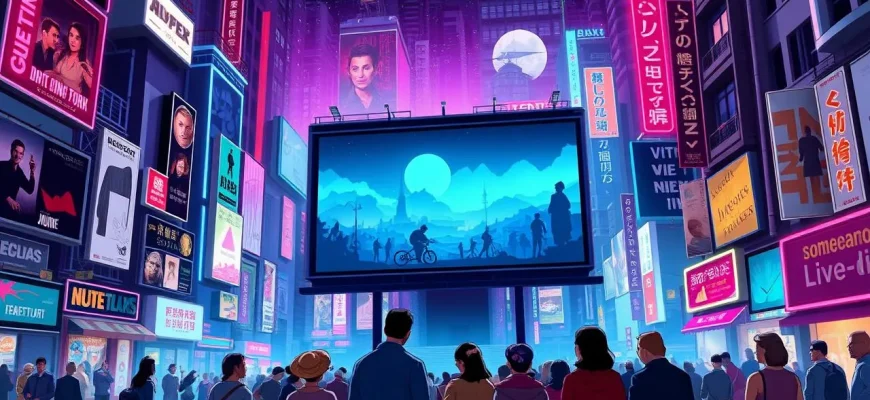European cinema has long been celebrated for its artistic depth, cultural diversity, and narrative innovation. This curated collection of the best European films offers a journey through some of the most influential and captivating works from the continent, providing viewers with a unique opportunity to explore different cultures, histories, and cinematic styles. Each film in this selection has been chosen for its critical acclaim, cultural significance, and its ability to resonate with audiences worldwide, making it an essential watch for any film enthusiast.
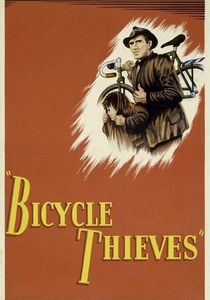
The Bicycle Thieves (1948)
Description: An Italian neorealist film that follows a father and son's desperate search for a stolen bicycle, which is crucial for the father's job. Its simplicity and emotional depth have made it a cornerstone of European cinema.
Fact: The film was shot on location in Rome with non-professional actors to achieve authenticity. It won an honorary Academy Award in
 Watch Now
Watch Now
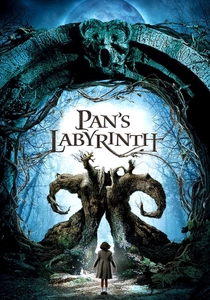
Pan's Labyrinth (2006)
Description: This Spanish-Mexican dark fantasy film intertwines the harsh realities of post-Civil War Spain with a fantastical world, offering a profound commentary on innocence, brutality, and the power of imagination.
Fact: Director Guillermo del Toro wrote the screenplay in one night. The film was nominated for six Academy Awards, winning three.
 Watch Now
Watch Now
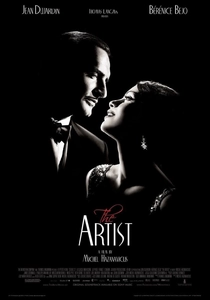
The Artist (2011)
Description: A French silent film set in Hollywood during the late 1920s, it captures the transition from silent films to talkies. Its homage to classic cinema and its innovative storytelling make it a unique entry in European film lists.
Fact: It won five Academy Awards, including Best Picture, making it the first silent film to win since
 Watch Now
Watch Now
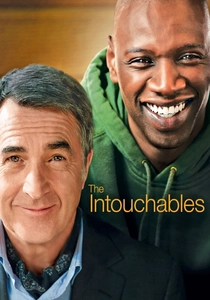
The Intouchables (2011)
Description: A heartwarming French film about the unlikely friendship between a wealthy quadriplegic aristocrat and his ex-convict caregiver. Its universal themes of friendship, class, and disability make it a beloved choice in European cinema.
Fact: The film was inspired by the real-life story of Philippe Pozzo di Borgo and his caregiver, Abdel Sellou. It became the second most successful French film of all time in terms of admissions.
 Watch Now
Watch Now
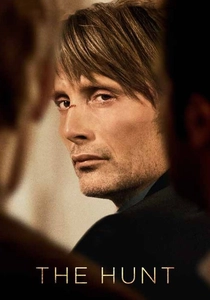
The Hunt (2012)
Description: This Danish film explores themes of justice, community, and the devastating effects of false accusations. Its intense narrative and Mads Mikkelsen's performance make it a compelling watch.
Fact: Mads Mikkelsen won the Best Actor award at the Cannes Film Festival for his role. The film was Denmark's submission for the Best Foreign Language Film at the Oscars.
 Watch Now
Watch Now
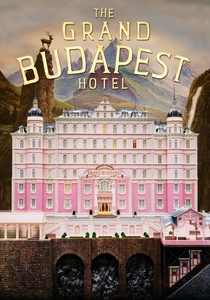
The Grand Budapest Hotel (2014)
Description: Although directed by an American, Wes Anderson, this film was shot in Germany and features a predominantly European cast. It's a whimsical tale of art theft, political turmoil, and the fading grandeur of a legendary European hotel.
Fact: The film was shot in Görlitz, Germany, which was transformed to resemble a fictional Eastern European country. It also features a unique aspect ratio change throughout the film to reflect different time periods.
 Watch Now
Watch Now
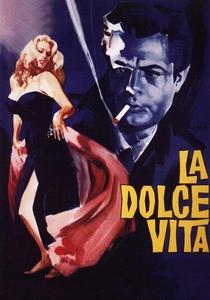
La Dolce Vita (1960)
Description: Federico Fellini's masterpiece captures the decadence and disillusionment of post-war Italy. Its exploration of hedonism and existential ennui has made it a landmark in Italian cinema.
Fact: The film's title, meaning "the sweet life," became synonymous with the lifestyle it depicted. It also introduced the term "paparazzi" to the English language.
 30 Days Free
30 Days Free
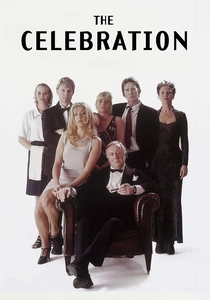
The Celebration (1998)
Description: A Danish film that uses the Dogme 95 filmmaking rules to tell a story of family secrets and revelations during a birthday celebration. Its raw, unfiltered approach to storytelling is both shocking and profound.
Fact: It was the first film to follow the Dogme 95 manifesto, which aimed to purify filmmaking by rejecting special effects and post-production manipulation.
 30 Days Free
30 Days Free
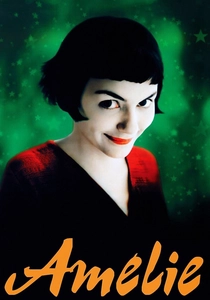
Amélie (2001)
Description: This French gem is a whimsical tale of a young woman who decides to change the lives of those around her for the better while struggling with her own isolation. Its vibrant visuals and enchanting narrative make it a standout in European cinema.
Fact: The film was shot in the Montmartre district of Paris, which adds to its charm. It also popularized the song "La Valse d'Amélie" by Yann Tiersen.
 30 Days Free
30 Days Free
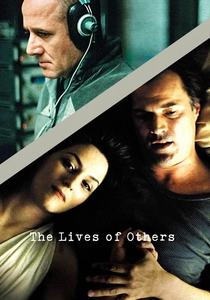
The Lives of Others (2006)
Description: This German film delves into the oppressive atmosphere of East Germany under the Stasi surveillance. It's a poignant exploration of privacy, morality, and the human spirit, making it a must-watch for its nuanced portrayal of life under surveillance.
Fact: The film won the Academy Award for Best Foreign Language Film in
 30 Days Free
30 Days Free

